OPEN ASSEMBLY
Experiments in Aesthetics and Politics

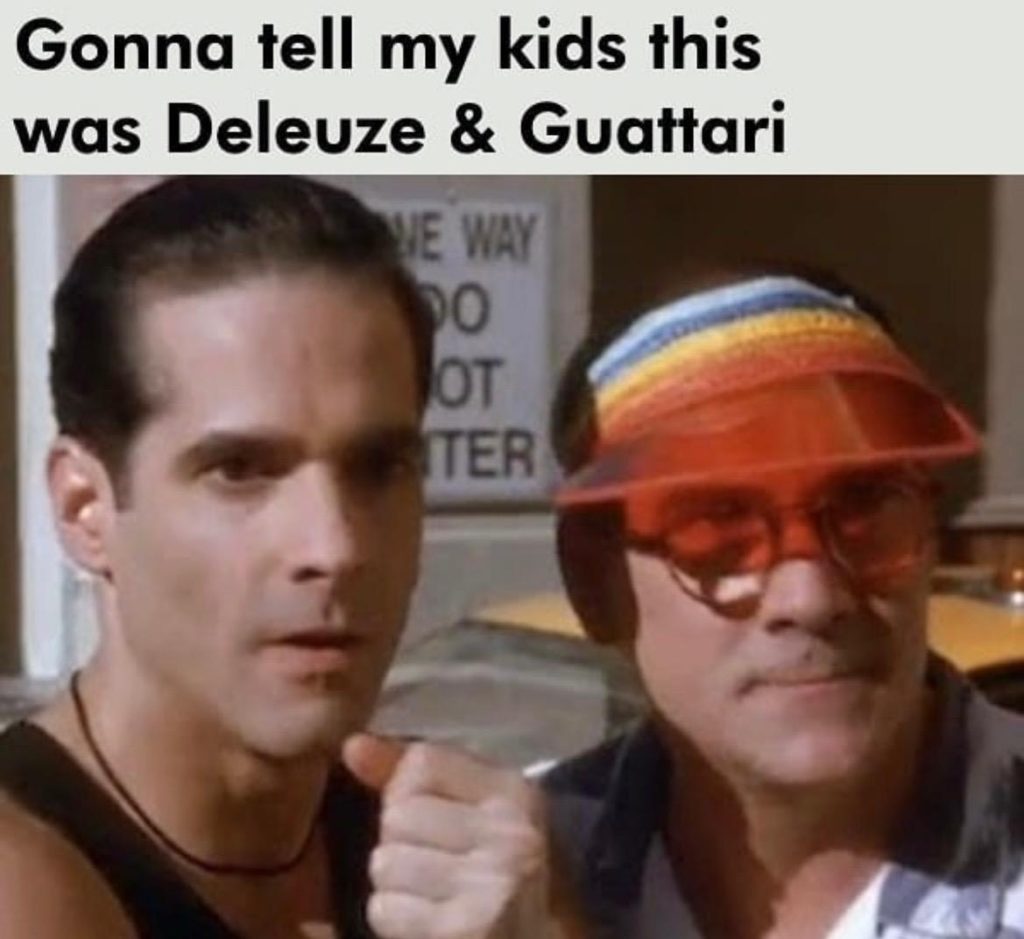



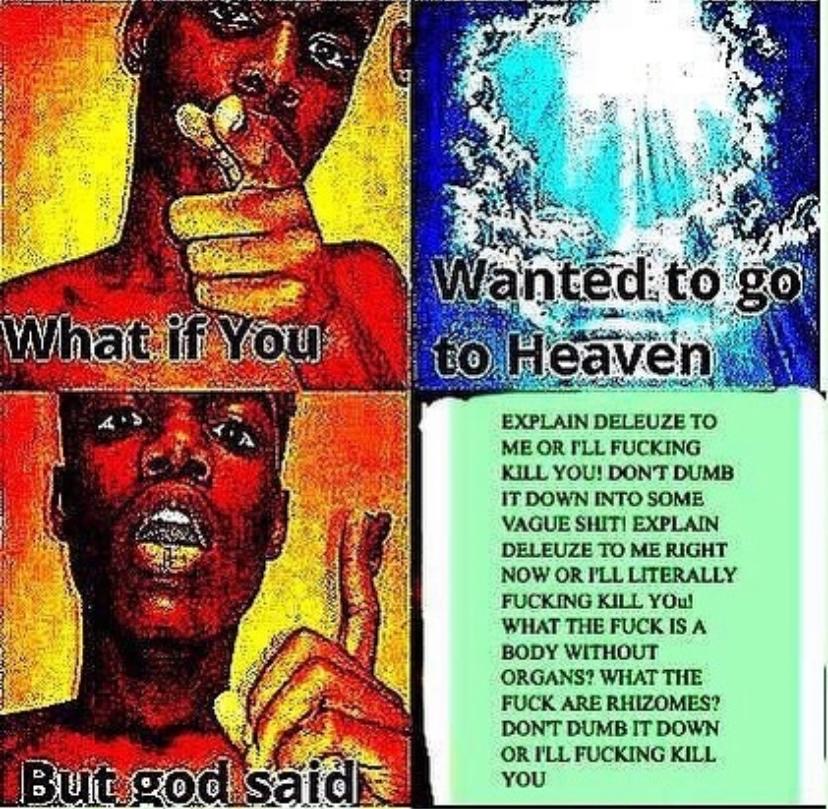

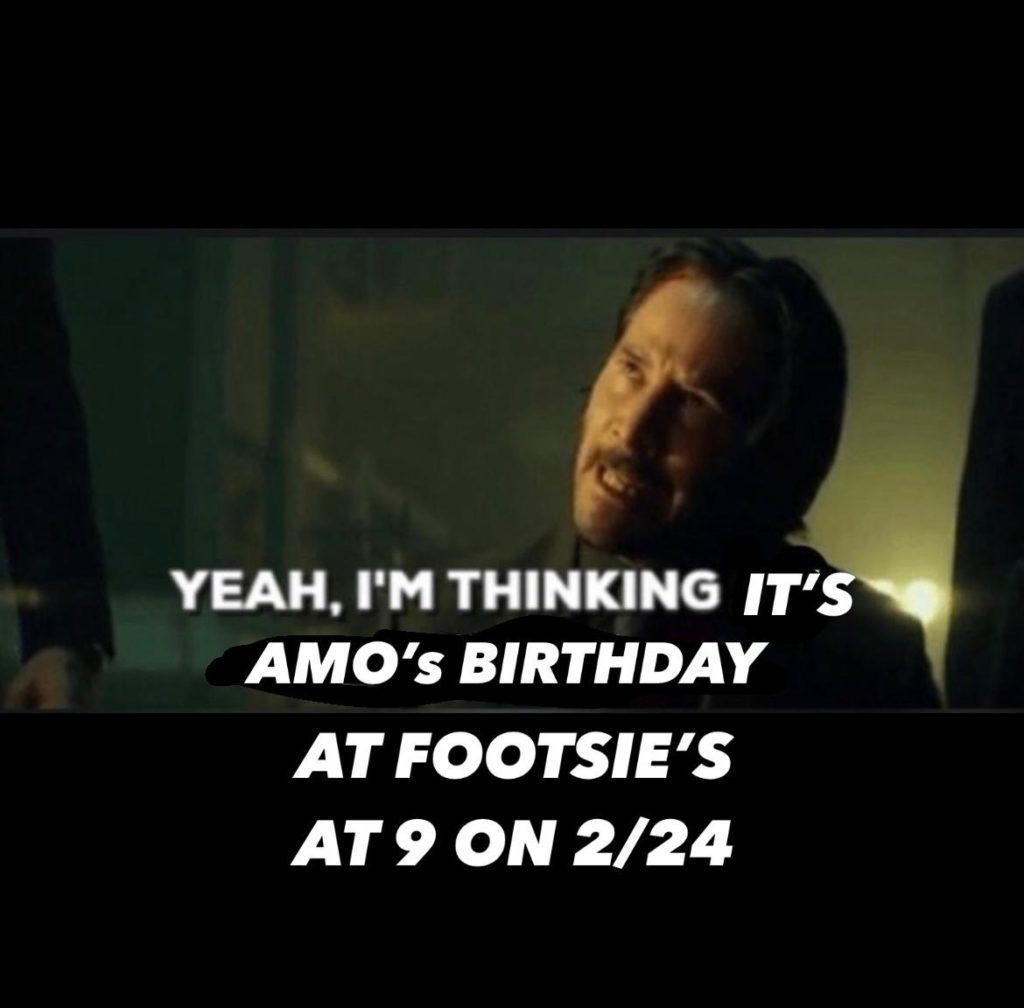

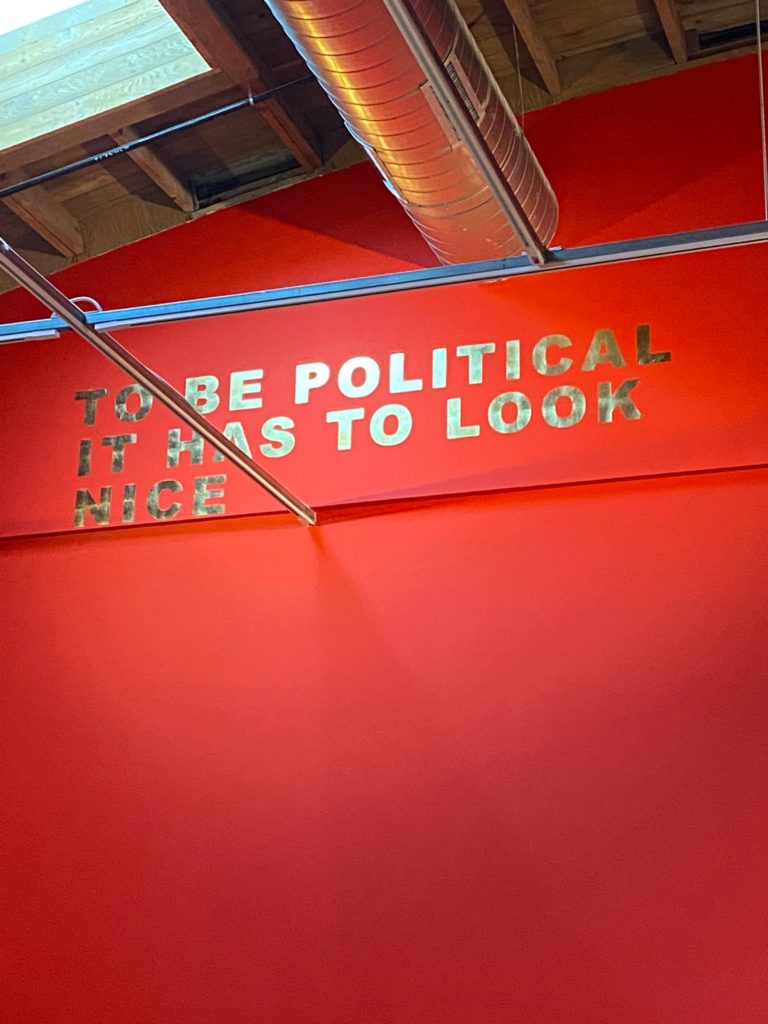

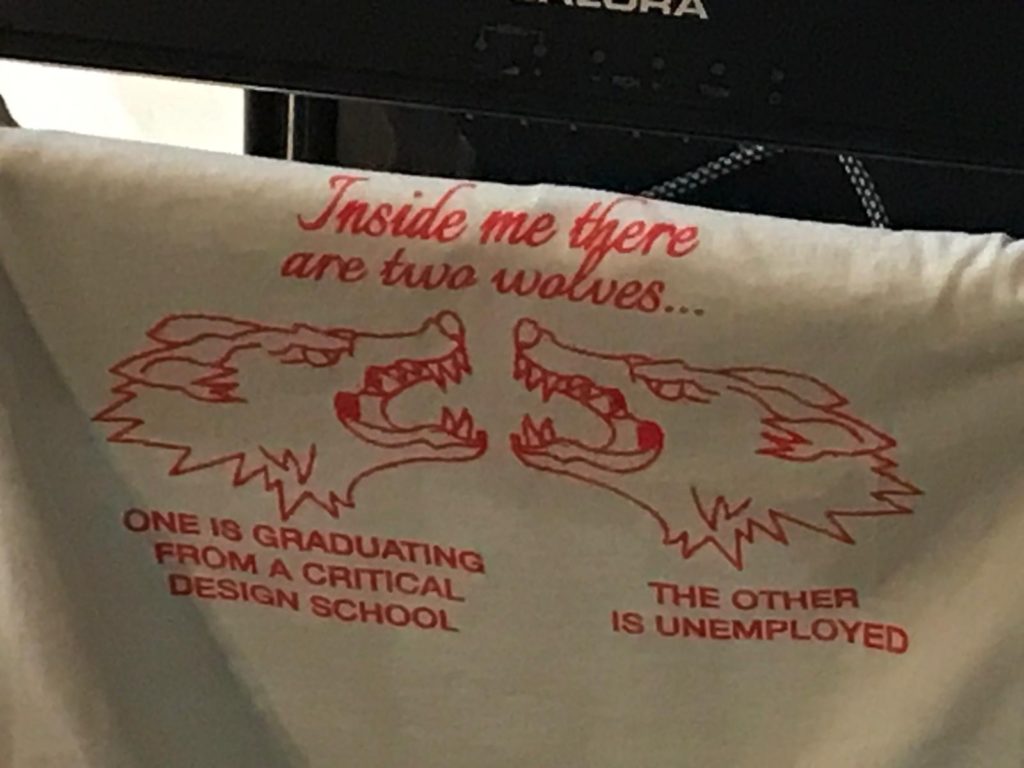
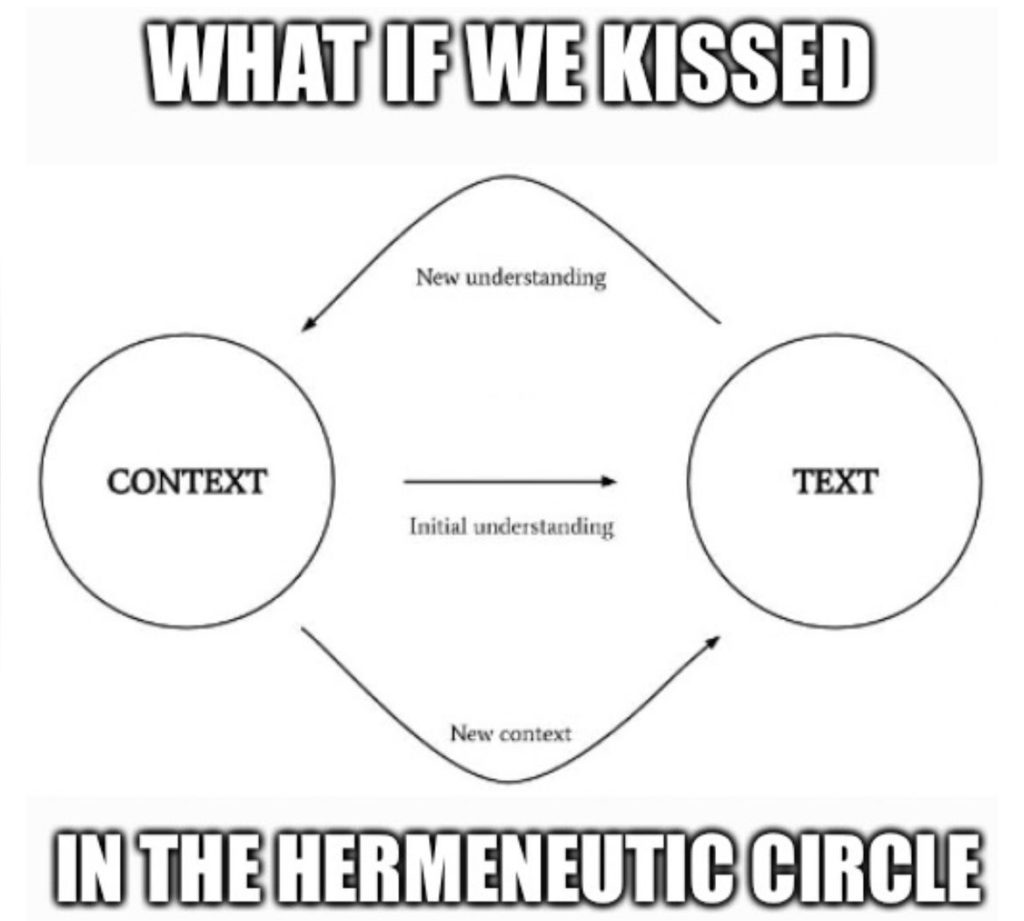

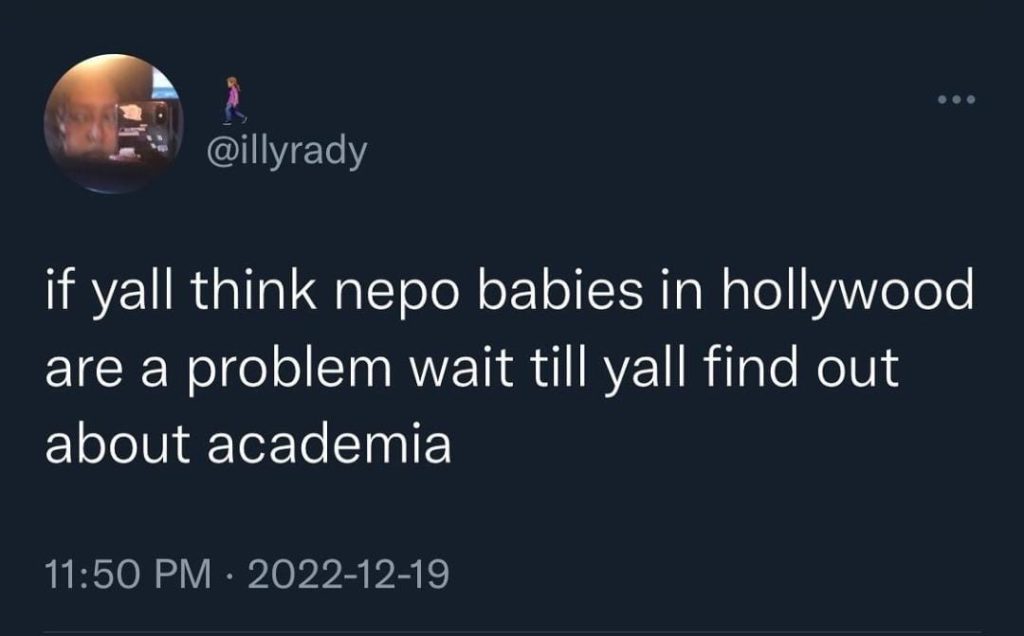
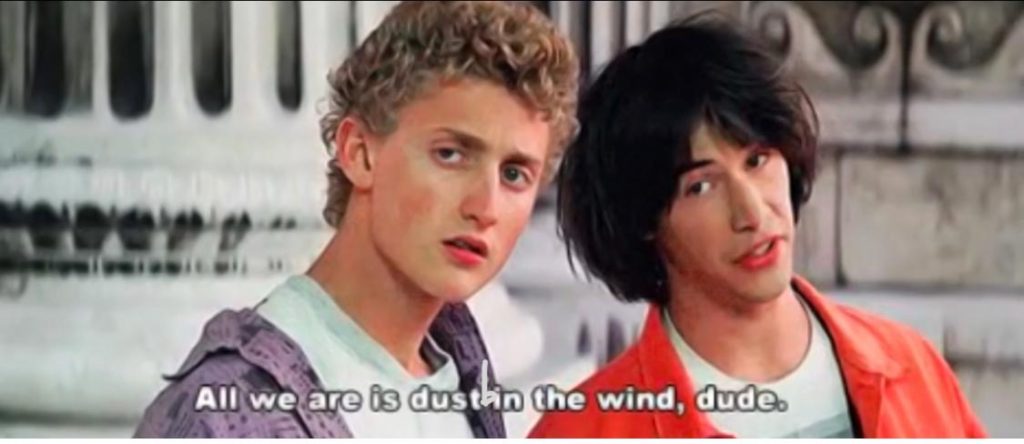


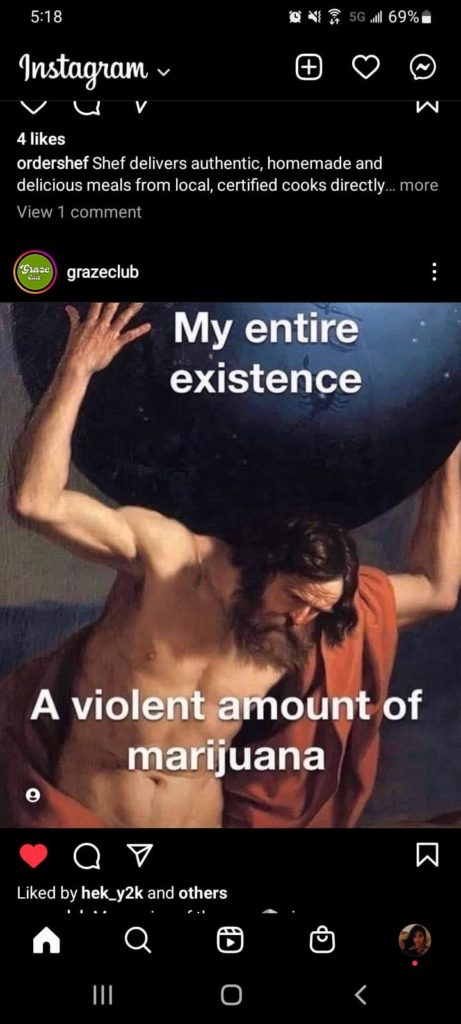
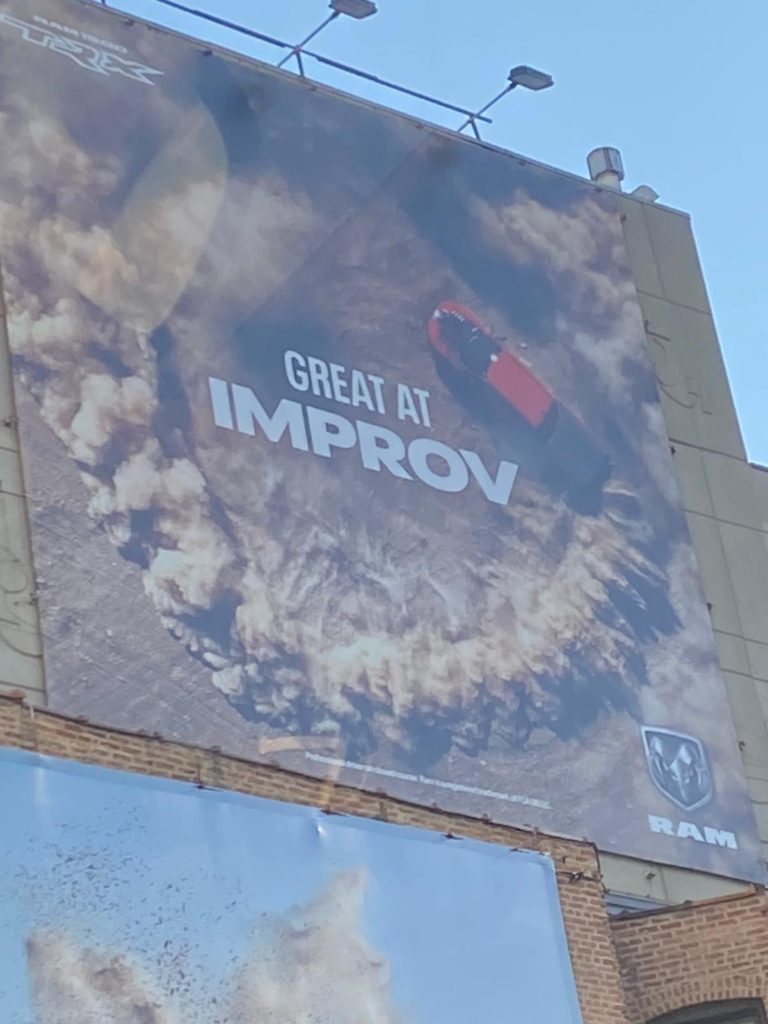
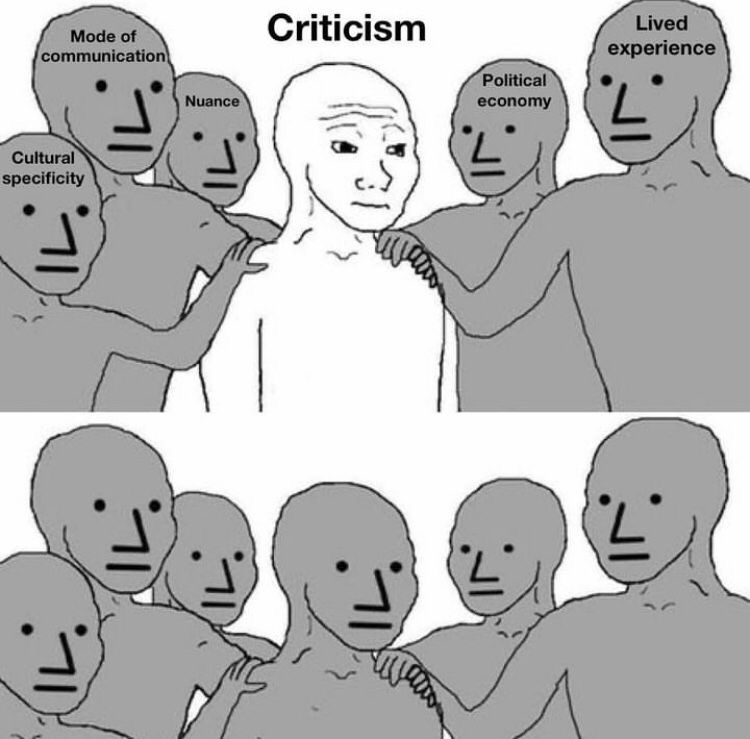
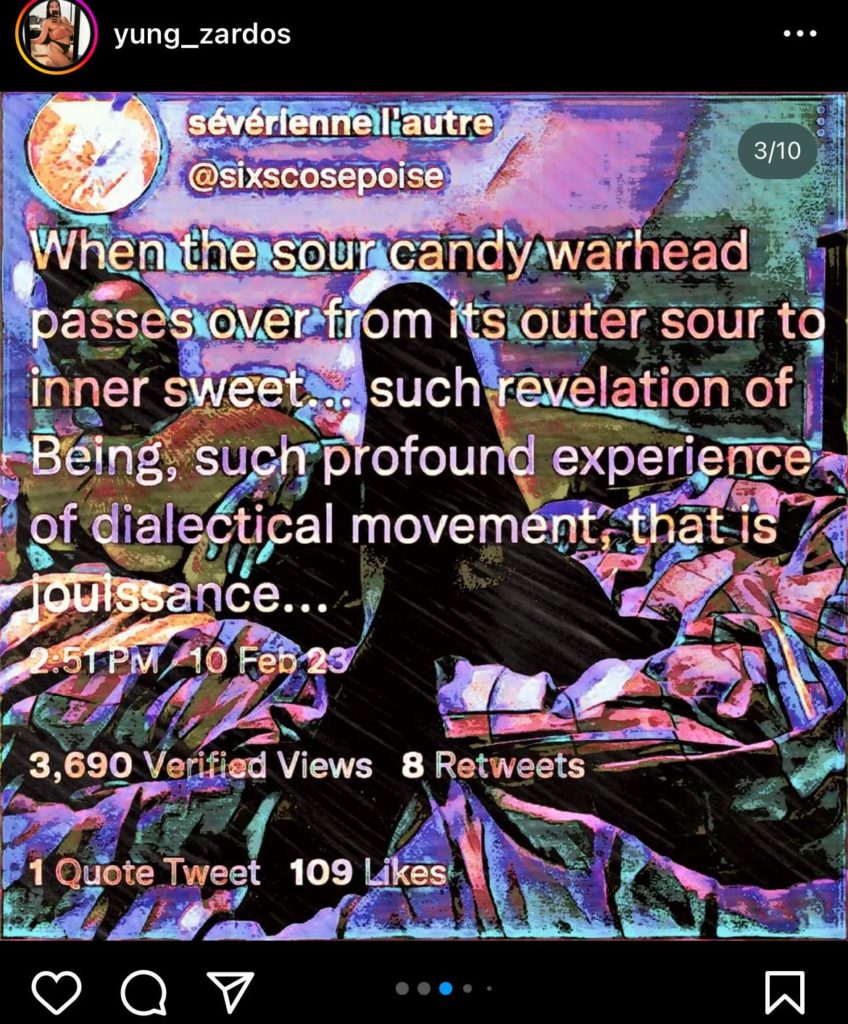
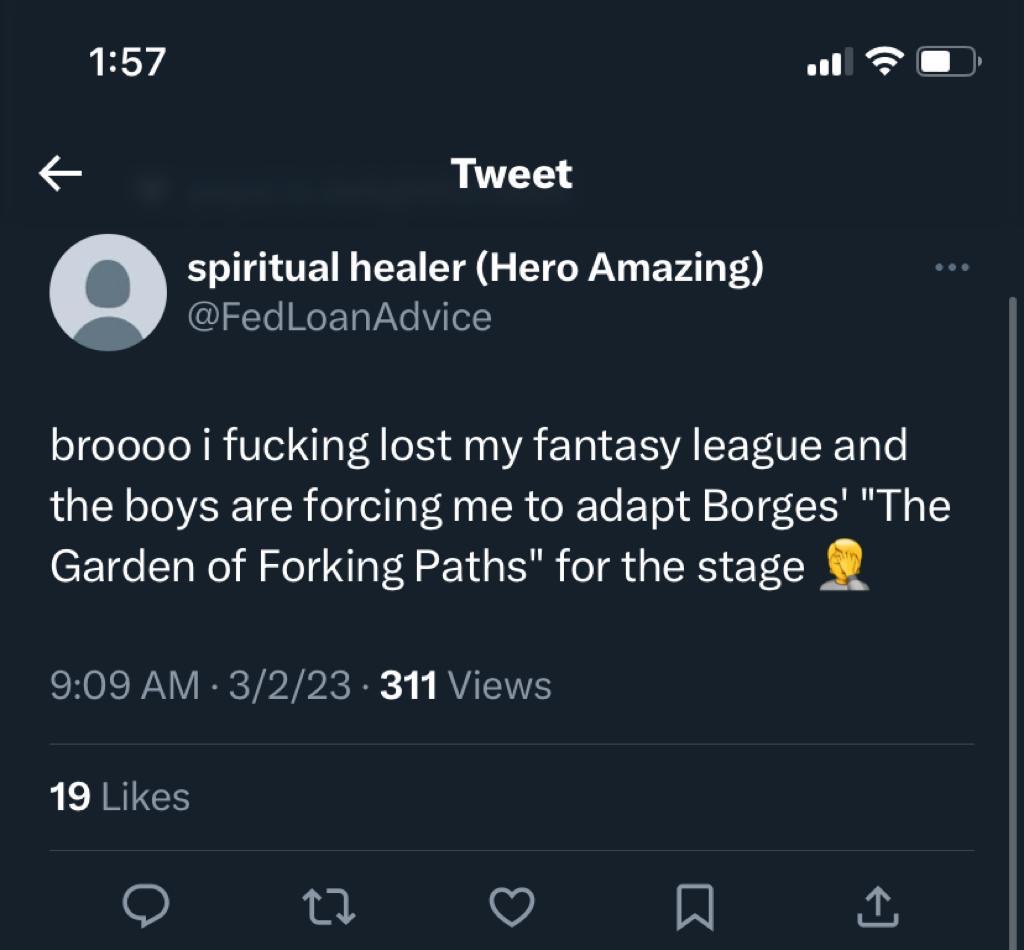
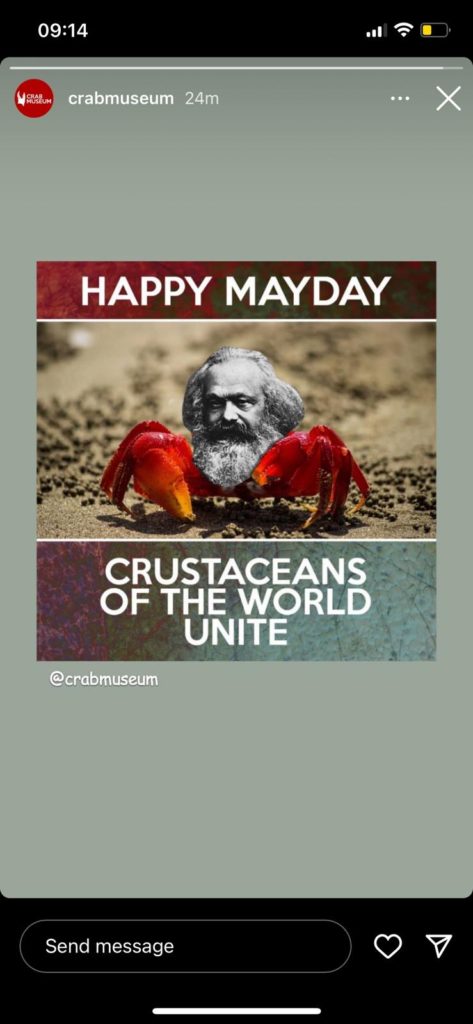


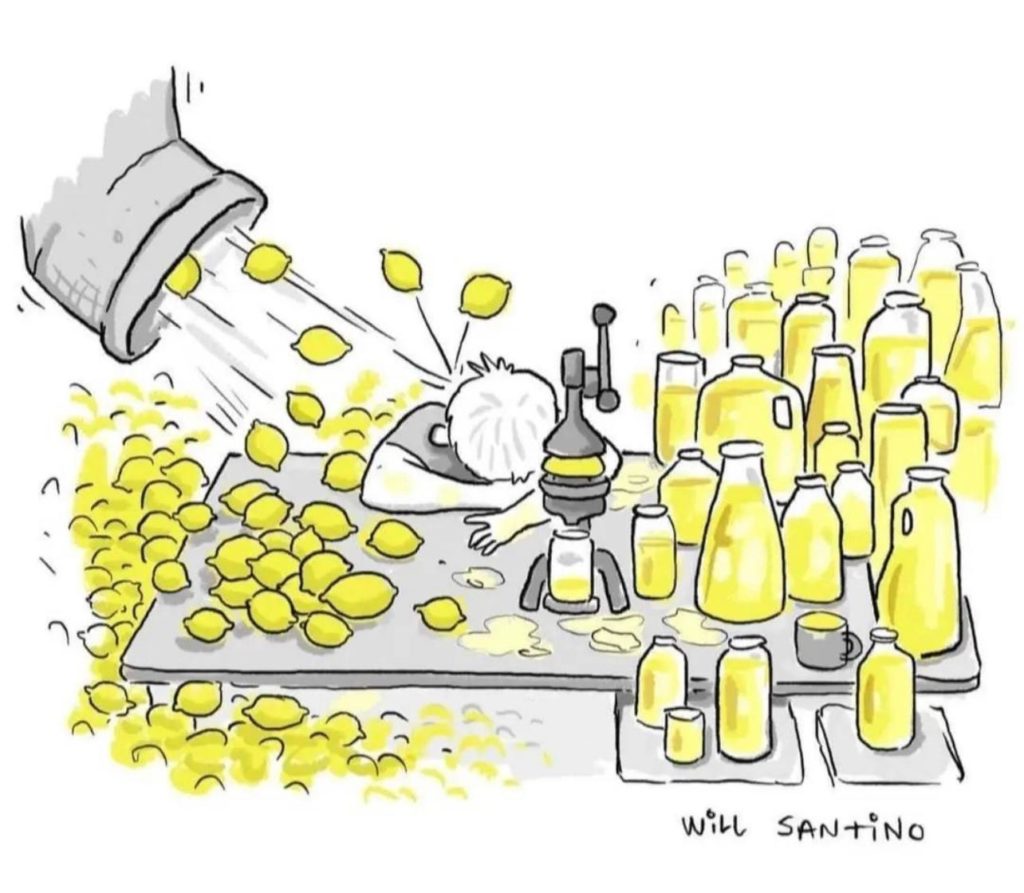
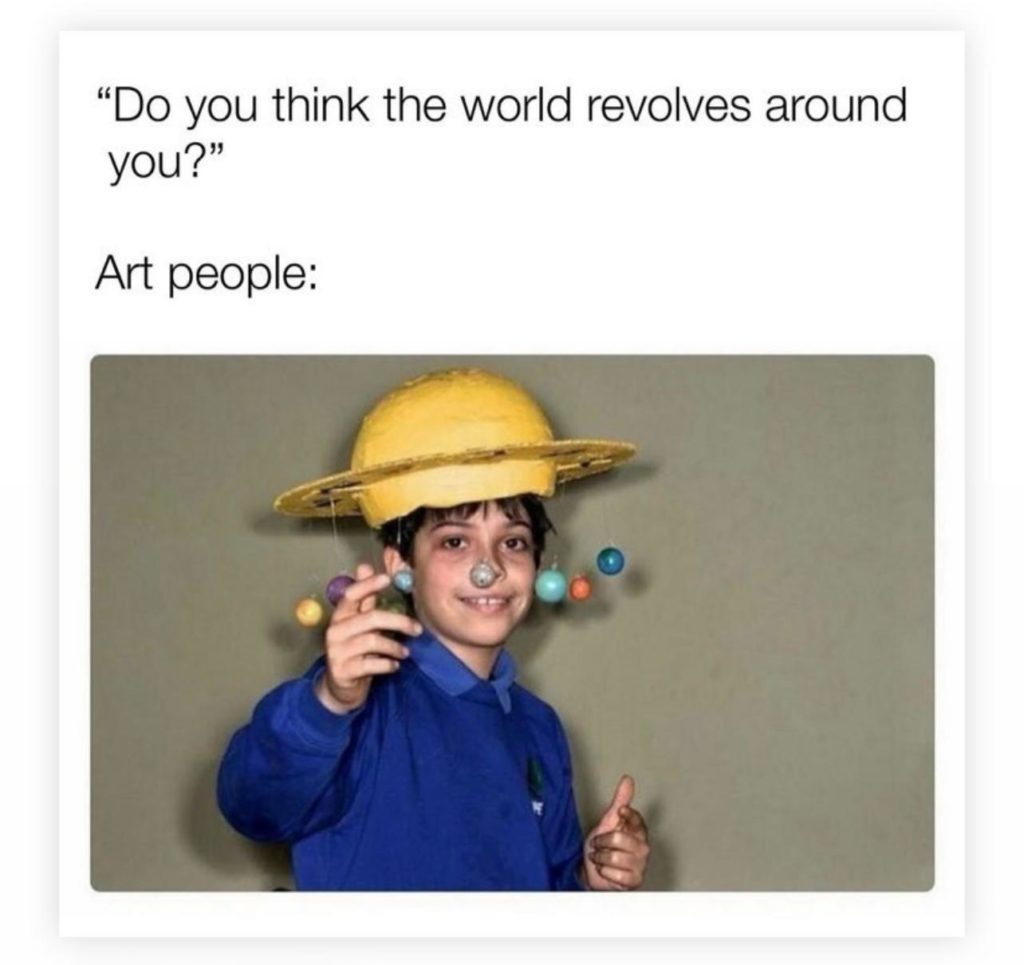


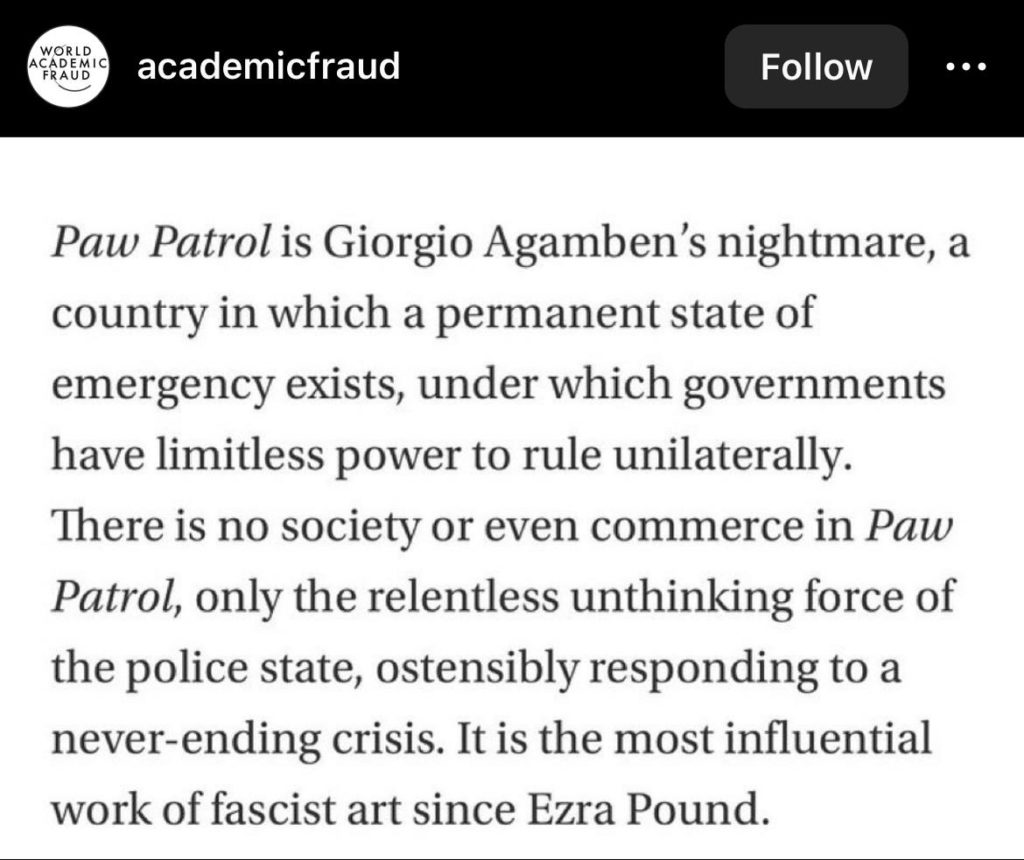


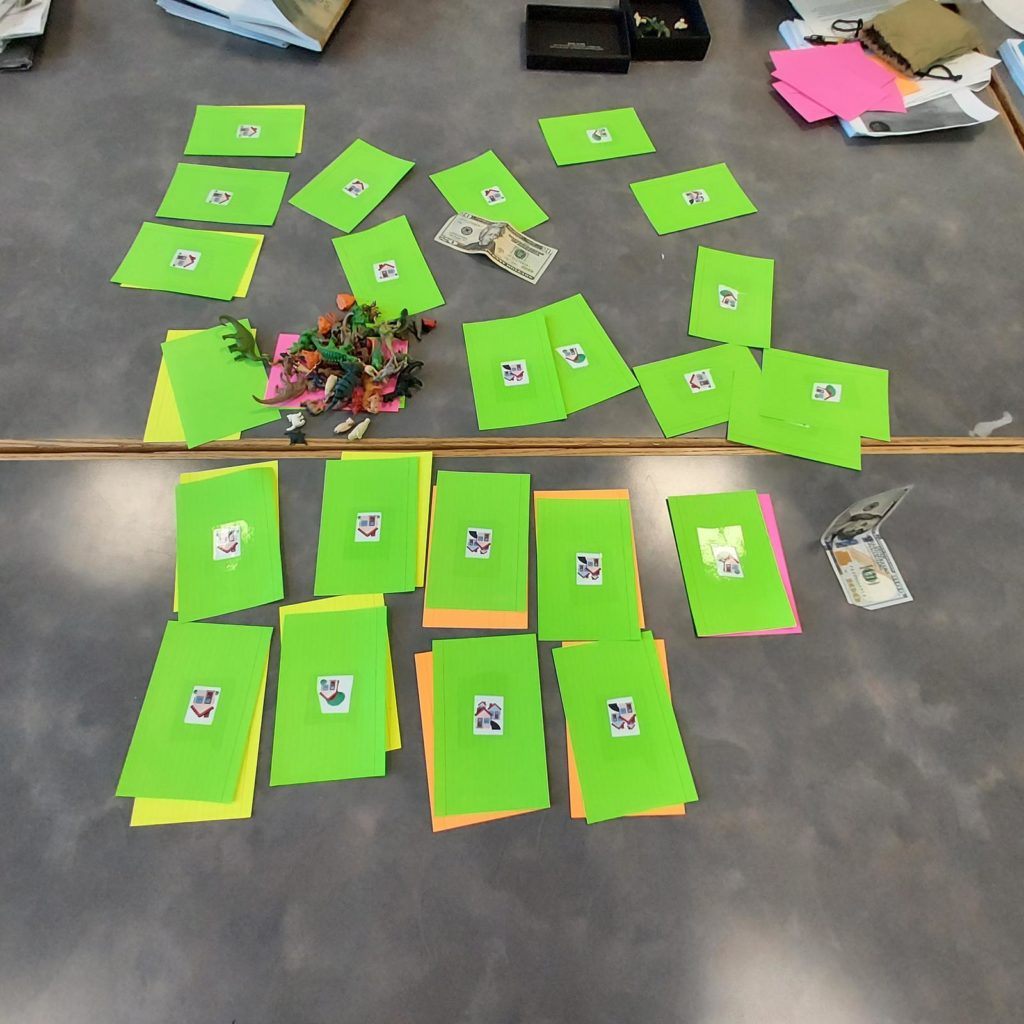

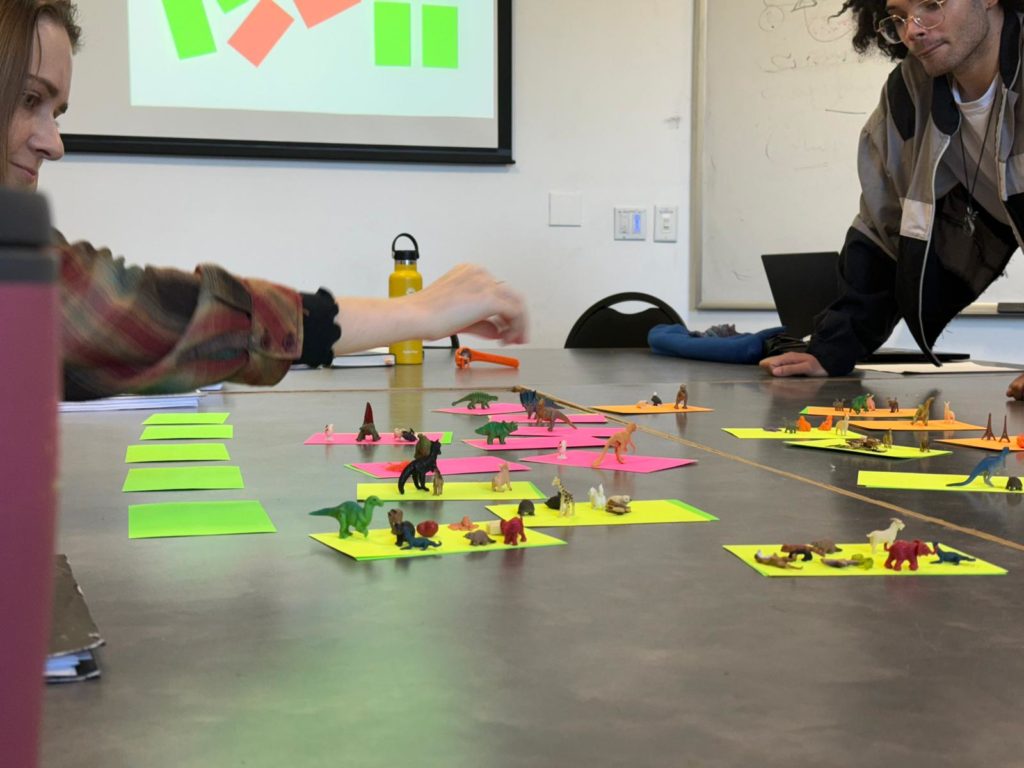
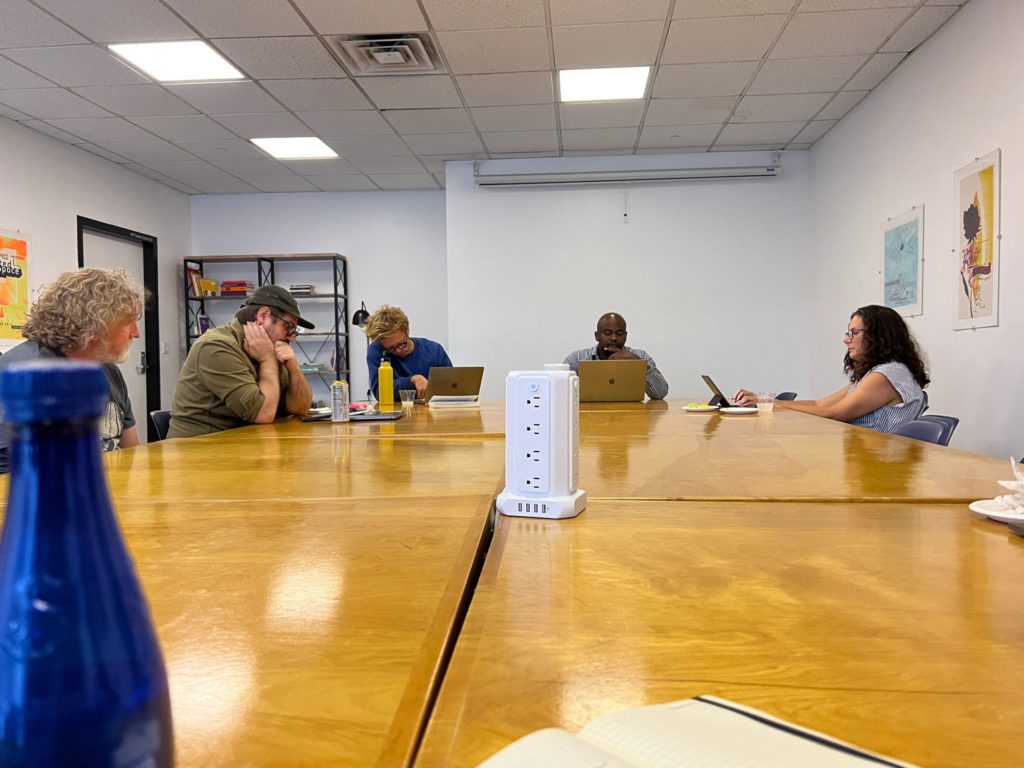
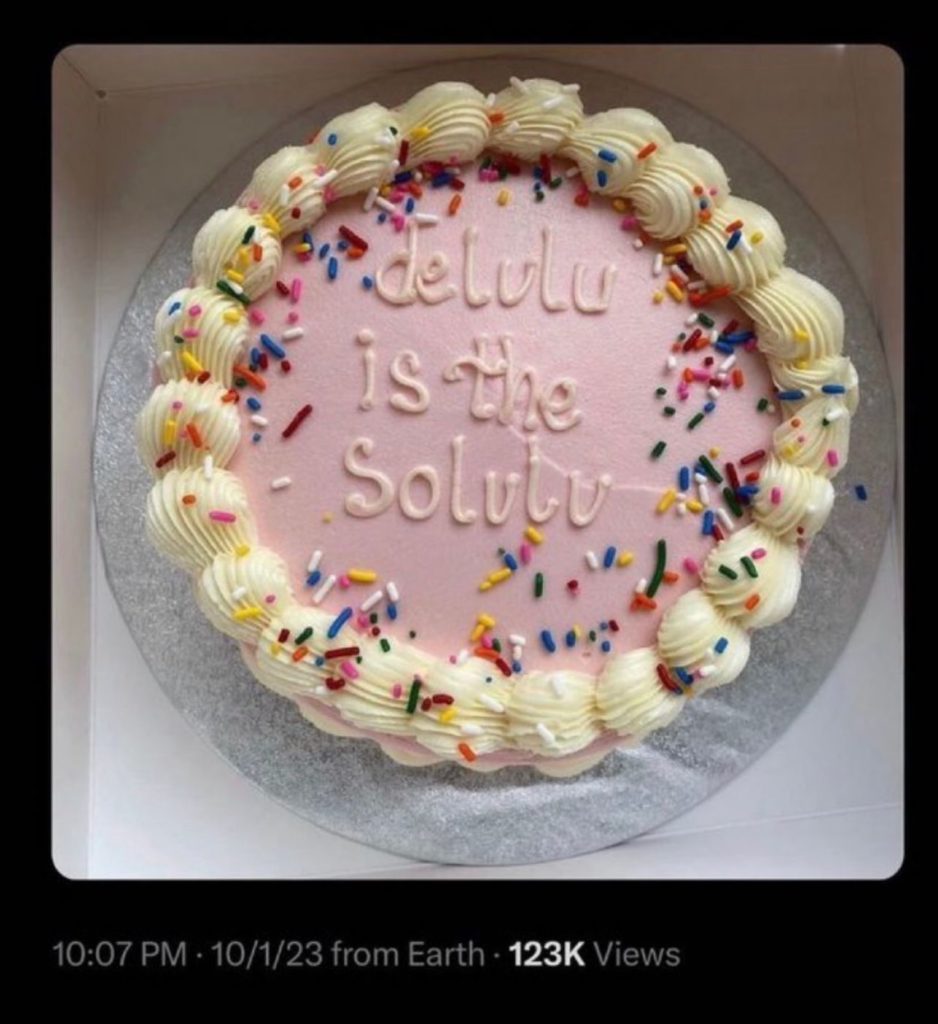

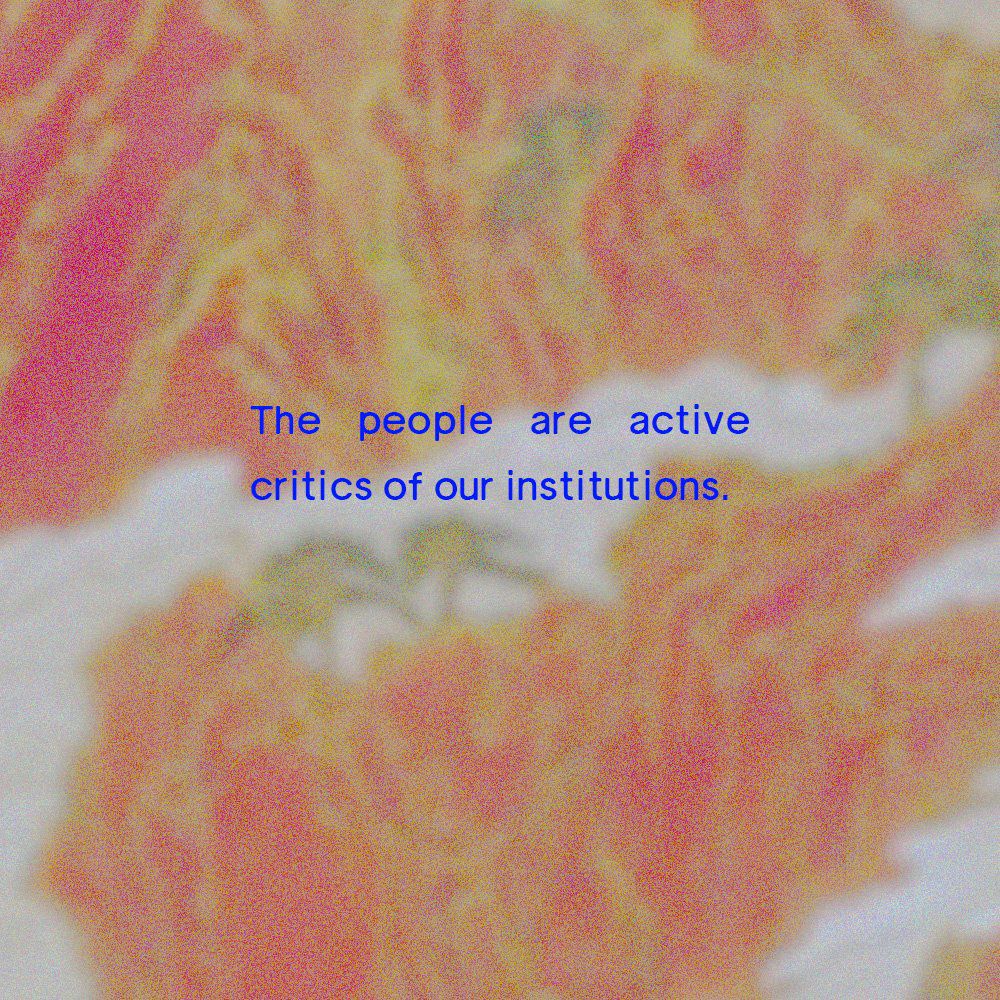
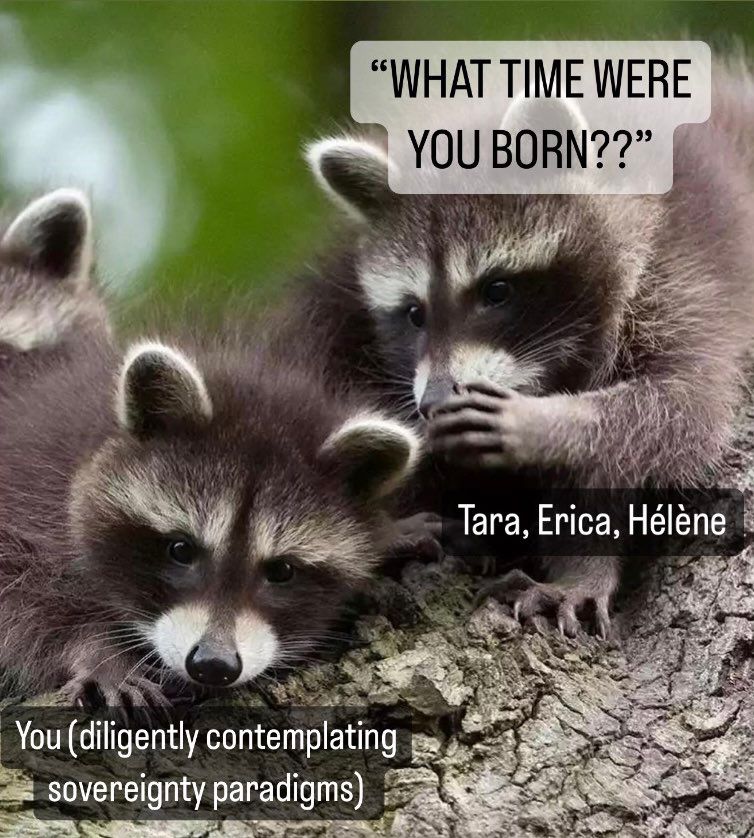
The Pursuit of Hereafter
As Inspired by“American Insecurity and the Origins of Vulnerability” by Russ Castronovo and his 2024 lecture at the California Institute of the Arts concerning the politics and possibilities of cryogenics.
Once upon a time before a destruction soon to come, the bookish people of the World heard from Beyond that they would be resurrected after their death, and sorted themselves naturally into three kinds of people.
The first kinds of people believed their resurrection was in the hands of an Almighty power beyond them, and acted according to a Book from Beyond in order to achieve a good resurrection. The second kind of people took the promise of resurrection into their own hands, and acted according to laws created by their masters. The third did not believe in their resurrection, and acted according to no laws, and followed many books of their own choosing.
This is because the second and the third kinds of people could not imagine a rule of law—nor could they imagine following one—without a state, while the first kinds of people could, and did.
The third kind of people rapidly met their end during the foretold events, having little to live for and nothing to die for.
Scattered by the events, they fled the state and law altogether, and had no goal in life, and ran into the woods to fornicate in circles as their only means of fantastical gratification. They came quickly and died empty and absolutely unfulfilled, bathed in an everlasting shame of which they could not figure out the source. Each held their own favorite book and died alone and afraid.
The second kind of people followed the richest amongst them, who instructed them to act according to their own laws made by their own state of affairs.

These laws were in the hands of only one percent out of one percent of them, and while this small group of rich men collected and held out a book of their own for their followers to believe in, they themselves fantasized about seizing the power of the promised resurrection so as to craft a glorious afterlife on their own terms, and of their own making.
And so the richest of these people hatched a plan to cryogenically freeze themselves to have some chance (less than one percent of one percent) to live luxuriously after the destruction. They convinced their followers to build and defend vast bunkers in which they would store the cryogenic freezers which they promised they’d share with their followers and live in together.
But the rich men grew concerned that some of these people may revolt against them, for the bunkers needed much and the masses had littler to eat, drink, or wear. So the rich men gave them quick reliefs: rotten food, leftover meat of sick animals, short leases of land, fast fashion, and pills or lobotomies, but above all: sexual gratification. Still, their followers’ faith dwindled generation after generation, and while some of them resorted to theft or revolt or back-biting one another, the rich men made examples out of them by punishing them brutally and encouraging the rest to fornicate freely. And, out of fear or spite, some set aside their books and began worshipping the rich men who waved them, while many others abandoned the rich men and their promised bunker, and converted into either the first or third kinds of people. And those who did so out of fear went into the first kinds of people, and those who did so out of spite went into the third kind of people.
And so the rich men, now growing wary of even one another, realized that robots would be more dependable than lowly miserable followers; and these robots would be their reliable security force, and they would also top-off the liquid nitrogen in the cryogenic coffin every month during the foretold events. And as these robots began replacing the people, who were of less and less concern to the rich men, the miserable peoples began warring, and revolting, and causing much havoc and destruction within and between their states. And the rich men rejoiced in their bunkers, for the foretold events were unfolding and their robots were successful at preserving them.
And their robots would also report the horrors which the rich men unleashed upon the other peoples, reports which would inspire the rich men to wage more wars and more thefts upon the other peoples and their own masses and even the other rich men. And the men spent their whole lives alone, and commanded their children to spend their whole lives alone and mistrustful and bound to the state. And they grew pale from lack of sun, and spent their days upon their robots and their nights awake thinking up new strange scenarios, new bugs and problems with their bunkers, which to then spend their careers working out; and the rich men would share their nightmares with one another at grand conferences and they all grew in an ever-increasing frenzy to establish a supreme state of security, certainty, and to minimize risks; and the few times the rich men could sleep, they would wake up alone in the dead of night remembering some overlooked detail, or some thing in the future which they may desperately need (such as nail clippers, yellow paint, a Scrub Daddy, and so, so, so many crutches, and guns); and each and every single item seemed to them to be life-or-death. And so the men would wake up their families and followers and command them to keep filling their bunkers with all these things, and to invade other bunkers and farms so as to fortify their own, and to destroy the lands (especially of the first kinds of people) if they could not get their goods.
And eventually, the flames of the foretold events came to the edge of the last remaining rich man’s bunker, who led the last remaining state, and he turned his back on his followers (who were starving, holding their Book, knocking on the bunkers together) and even upon his family (who were not to be trusted, and who did not work as hard as he had for it) and closed his bunker for him alone. Sweating profusely from all his hard work, he locked himself naked into the freezer and sank into a deep slumber.
And then one day after the events, the automatic timer dinged and the freezer was opened by his robots and—miraculously!—the man resurrected alone, supported by his robots. And in a delirious daze, the man sighed and looked back at the freezer to see where he alone came from. But around him he saw all his best-laid plans as unfamiliar, and his state: vanished; and indeed, new spaces were growing everywhere, and mold too, and the air was dry and humid, and there were too many things in his bunker to choose from. He went outside and found himself to be alone in a world where everything was terrifying. And even in the eyes of his robots, he found an uncontrollable abyss staring back at him.
And so terrorized, the man threw himself back into the freezer and closed it over him, enveloping himself once again, and now for eternity, in the security of his everlasting fear.
The first kinds of people, however, believed their resurrection was in the hands of an Almighty power beyond their own and acted according to the laws of the Book they received from Beyond.

These people did not bother with bunkers; for indeed, the Book warned them against such cowardice, reminding them that life was an open-book test and that they would find no escape from death, for the Almighty would find them even there. So they lived together even when they fell apart, even as bands and sects of them split away to form their own tribes, even as their states collapsed and came together and collapsed again; for they all still lived according to the Book, and recognized one another through it; and so if they ever came across another one of their kind, they greeted one another as kin: although perpetually shattered, a nation virtually together and similar.
And these first kinds of people lived by the Book, and repented profusely for their every transgression known and unkown, and wasted little, and kept clean, and feared the One in the abyss of their minds who knew their every action, no matter how small. And these first kinds of people feared the Almighty much more than they feared the other two kinds of people, or one another, or even death and suffering, or the collapse of their states, or the non-fulfillment of their worldly desires. For their Book and its Way taught them how to be together and also how to be alone, in war, in fasting, in prayer, and instructed them to cut away wayward sexual desires which could lead them astray, and to have faith in their own death and resurrection in which all their desires would be fulfilled; and so they deferred the satisfaction of own desires and grudges to their promised afterlife; and their resurrection, to a foretold Day where they would be judged by the Almighty according to the Book. And so these people grew often hungry and famished together, and even as they were bombed by the second kind of people and attacked by the third kind of people and had strife with their own kinds of people (all of which led their once-well-organized states into a state of chaos) they took their trials as inspiration to follow the Book and its Way even stronger, together even if it separated them.
And they hated this life and loved death, but since suicide was illegal by the Book, they in anticipation of the foretold Day, and built careers by the Book, not to survive but to prepare for death. And there was no back-biting allowed amongst them, and they lived cautious lives, always repenting, always asking the Almighty for forgiveness, avoiding bad deeds, striving to do good deeds—to feed and shelter the poor and needy, to make one another smile, to hide their own and each other’s sins, to make war and make peace together, to have legal and joyful sexual relations with spouses or else abstain, to birth children, to educate one another in the Book, to remind one another of the Way, and to punish to restore any lost balance on account of a transgression. And this, because they knew that those who loved the Almighty in their words and deeds in this life, the Almighty would also love to meet them in the afterlife; and indeed, they would be swimming in the Almighty’s Mercy which they had so little of in this world, the little that they did have, they had shared amongst one another and rejoiced in.
And the second and third kinds of people, many of whom were sent by rich men to steal from these first kinds of people, or bomb them, or attack them, or chase them for their goods, would sometimes be successful, and sometimes fail—but each time, they would see the type of people the first kinds of people were, how they would pray and fast. And even as they attacked them, and feared that they would unify as a state, the realization grew that they wanted this, what they had: their virtual togetherness under a rule of law independent from any state.
And soon, the poorest amongst the second kind of people—whom the rich men abandoned—gradually abandoned the rich men too, whose promises to live together never seemed to come to fruition. While some revolted against the rich men only to be gunned down by their robots, others abandoned the fight altogether, and gathered for refuge amongst the first kinds of people, who granted them shelter and taught them in their ways, and punished them as they punished themselves, all according to the Book, to the best of their abilities. And they lived and died and rejoiced and suffered together and separately.
And indeed, there was infinite loss and death and starvation amongst the first kinds of people. Less than one percent of one percent survived, for they faced many ordeals together, and endless wars, many from internal strife, many from the rich men who wielded their states with their changing laws and morals which split and scattered them across the world. But they held strong in their faith that they too would have a promised resurrection even without cryogenic tanks, and that their afterlives would be much sweeter than that of the rich men who sought to avoidits final judgement, for they knew and lived by the Book which promised them everlasting salvation according to its own laws.
And so they kept strong to the Book, together and separately, being satisfied with starvation and loss which only increased them in faith and desire for the life after, a faith in their own resurrection which they passed on generation after generation, and which grew, generation after generation, together and separately, during the foretold events; an endless faith which shielded them from shame and fear, and covered them in an Almighty mercy, a Peace beyond peace.
And when the fires of the foretold events died out, the last remaining of the first kinds of people come across the bunker and saw the rich man wandering around, alone, depraved and paranoid and lost, stumbling over the bones of his own family whom he had forgotten. And the first kinds of people debated about killing him, for they knew this was the rich man whose forefathers and co-conspirators had sent against them many ordeals and wars and bombs. But they left him there, knowing the greater punishment would be delivered at the hands of the Almighty. And they left behind his contaminated goods too, and what was locked behind other vaults they left to rot away, never to be known by them: gone with the wind.
And so it came to pass that the first kinds of people remained together after the earth and all else who inhabited it perished. And even when the final Day at last arrived when the sun joined the moon and the mountains were turned to dust and all life on earth was extinguished, they prayed through their deaths, facing the abyss in which they would at last know the fullest and eternal satisfaction of their all their stoppered desires.
And this outcome, because while the fantasies of the other two kinds of people were incomplete, for they could not imagine a rule of law—not could they imagine following one—without a state, the first kinds of people, who were supremely self-disciplined, could and did, making their fantasy complete.